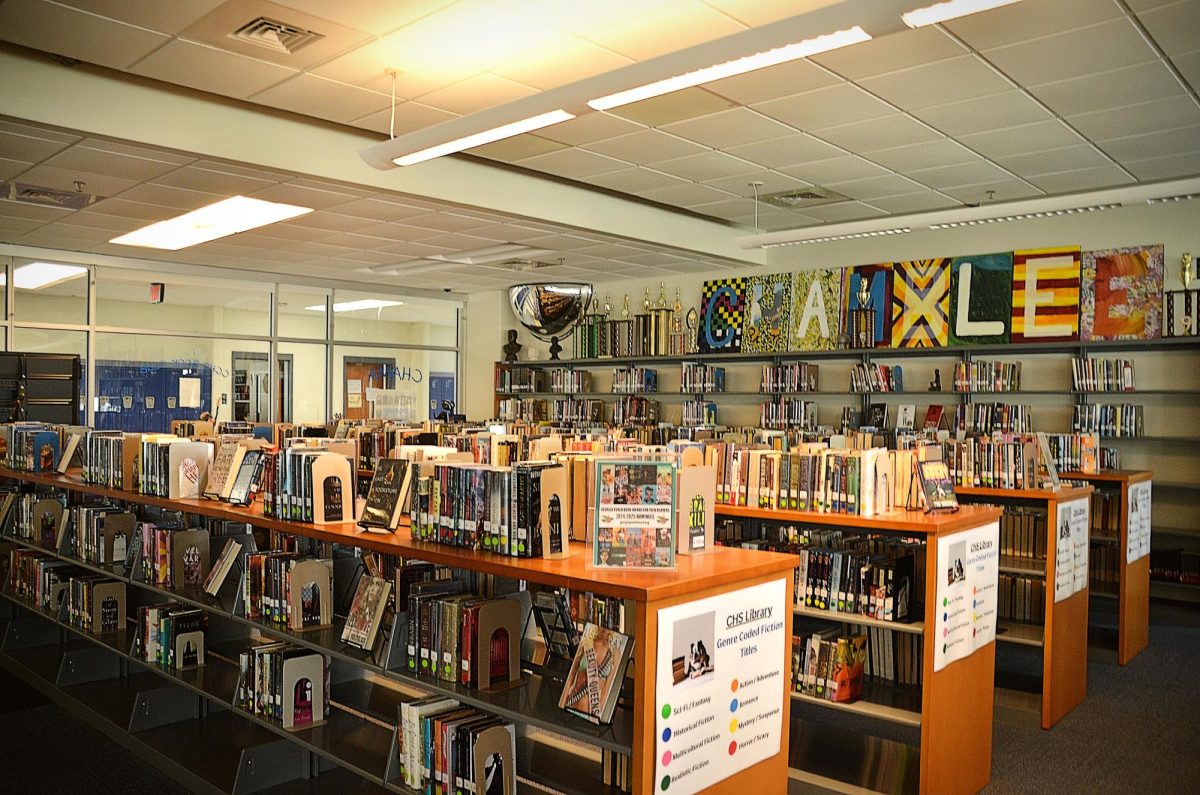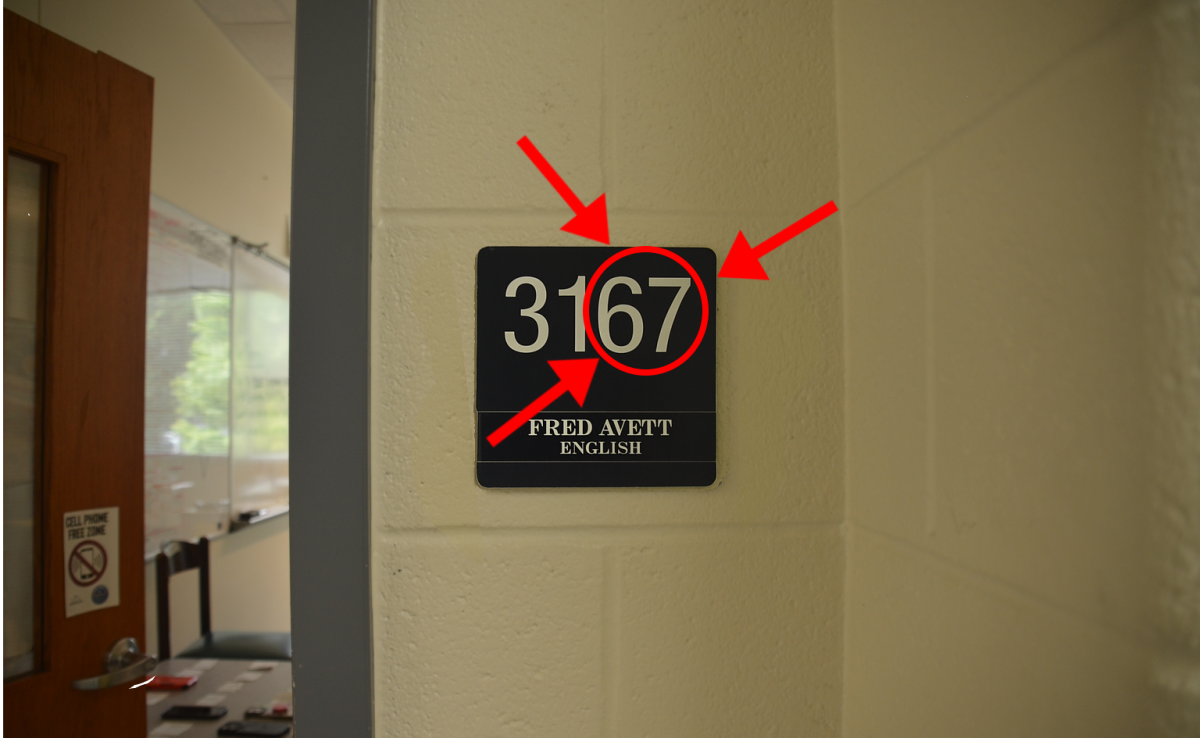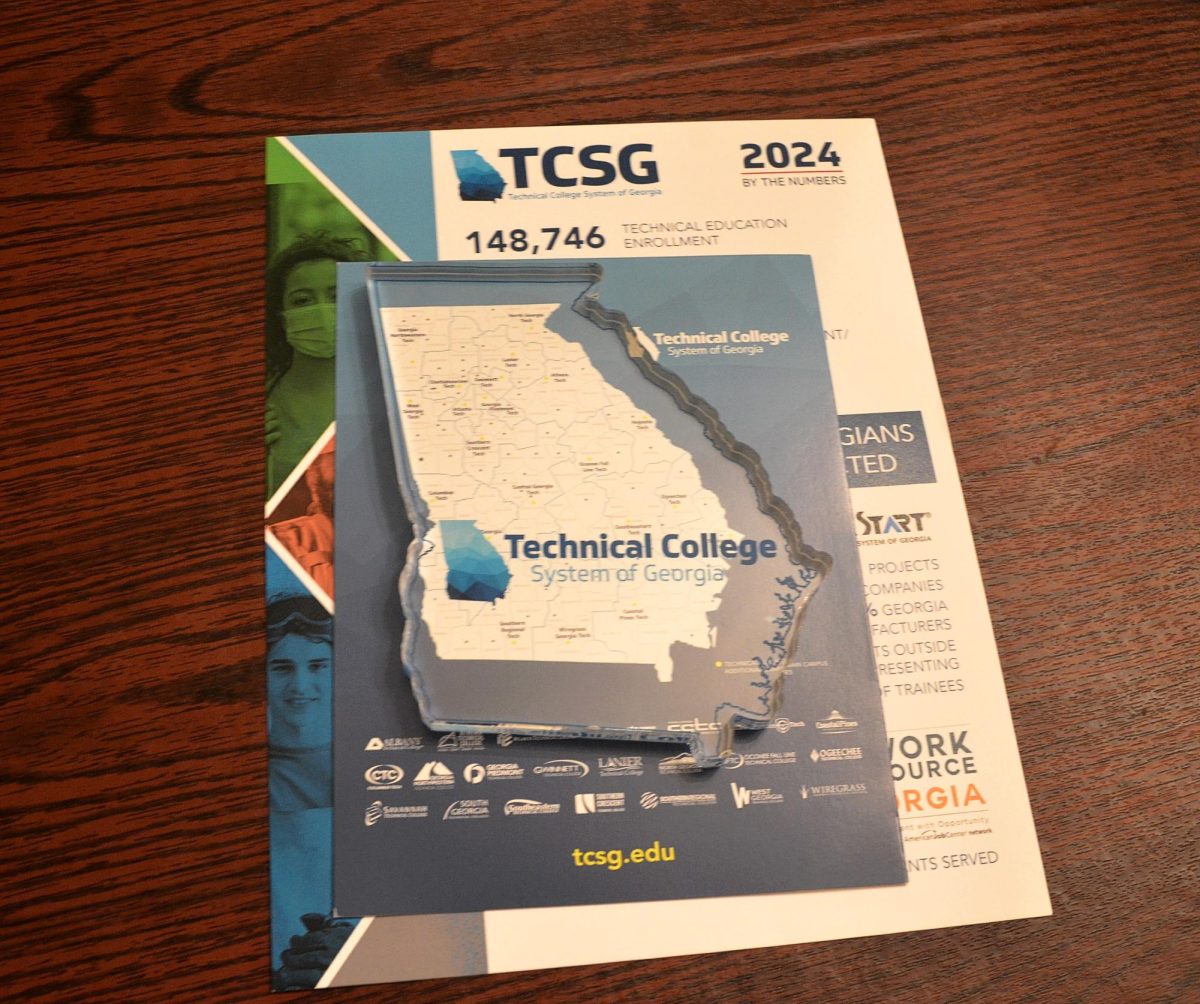Chamblee High School is home to dozens of clubs and sports; these extracurriculars offer the opportunity for students to explore interests, develop skills, and simply look appealing to colleges. Research about the true value of extracurriculars has been highly varied, historically. There have been many studies conducted about how beneficial these activities truly are, and research has drawn a wide range of conclusions. A Bethel University study determined that “students who participate in extracurricular activities find positive attributes, academically and in social-emotional development, that help them both in high school and in their future.” Many students agree with this conclusion and claim that they are an essential part of student life.
“They are a vital part of school; if you don’t have something, anything at all, then there is a large chance that you won’t enjoy your school experience,” said Jacob Laney (‘25).
For many, extracurriculars such as sports play a significant role in students’ daily routines and are a way to maintain connections with peers.
“School would be much less fun without sports before or after school, and sometimes they are the only way I can see some of my friends,” said Will Scruggs (‘27).
Students believe that extracurriculars allow them to contribute to the school community in meaningful ways.
“Extracurriculars impact school experience by giving people things to be excited about at school. They also build relationships as well as give students a chance to spend time becoming involved in the community,” said Isabelle Wadsworth (‘28).
Many students point out that despite being a significant commitment, joining clubs and organizations at Chamblee is a great way to meet peers who share your interests.
“Extracurriculars provide an opportunity to connect with people who have the same priorities and interests as you, but they will also take up a lot of your time,” said Claire Schwartz (‘25). Students believe that despite the demands of extracurriculars, they provide significant value and opportunities.
“They can be a lot for some people, and can feel like an extra class,” said Kavi Pallan (‘27), “but they build a network, are good for college applications, and can be very enjoyable.”
A study from the University of Georgia concluded that extracurriculars at a high school level can result in heightened stress and anxiety. The study also concluded that a large number of extracurricular activities can even be detrimental to students academically. The study claimed that after a certain point, extracurriculars are unlikely to benefit students from both a growth and academic standpoint.

Photo courtesy of Luke Hamilton.
Many Chamblee students also believe that, despite having their benefits, extracurriculars can present challenges to students who depend on structured routines.
“The biggest drawback I’d highlight is having little time to yourself. If you’re someone who operates on a strict schedule, extracurriculars can offset your routines,” said Sophia Harp (’28).
Many students also find balancing extracurricular commitments with academics challenging and have difficulty keeping up with their assignments and homework.
“The amount of practice needed for marching band forces me to put school work to the side and become stressed due to the pile-up,” said Ronit Nemenman (‘26).
The demands of extracurricular activities, especially sports, can also interfere with sleep schedules for some students.
“I have practiced at weird times because of pool scheduling for the water polo season, so the late practices and early mornings tend to be a bit of a detriment for me,” said Elizabeth Gamba (‘27).
A study by the American Academy of Sleep Science concluded that students involved in extracurricular are more likely to suffer from sleep deprivation and experience a negative impact on both sleep quality and quantity. Extracurriculars also cause excessive daytime sleepiness, which has been proven to negatively affect academic performance.
Many students participate in many after-school activities, and managing a full schedule of extracurriculars alongside schoolwork can become overwhelming.
“When these extracurriculars overlapped, I had to juggle band practice after school, musical theater rehearsal, working, and homework all at the same time,” said Jackson Hudnall (‘27). Extracurriculars are vital to some students’ college plans, and balancing them with academic responsibilities can sometimes be difficult due to the added pressure of achieving future goals.
“They have made me stressed because of the balance they require on top of academics, and the worries of college in the future,” said Tri Nguyen (‘27).
And yet, participating in many extracurriculars is crucial to college applications, and could even be the deciding factor for admission to some schools.
“If you wanna get into your dream school, you definitely need to do a bunch,” said Frida Nieves (‘25). “I know people who didn’t lock in for extracurriculars, and they didn’t get into their top picks.”

Photo courtesy of Maven Bolick
And while the demands of extracurriculars may seem daunting to some, many students view them as a necessary trade-off to achieve their college aspirations.
“Your college resume will be super good with all the extracurriculars, but you might be on the verge of dying. It’s worth it in the end,” said Tarannum Ahmed (‘27).









Mark S • Jun 20, 2025 at 9:45 pm
Why is there an FBI wanted poster on the bulletin board?